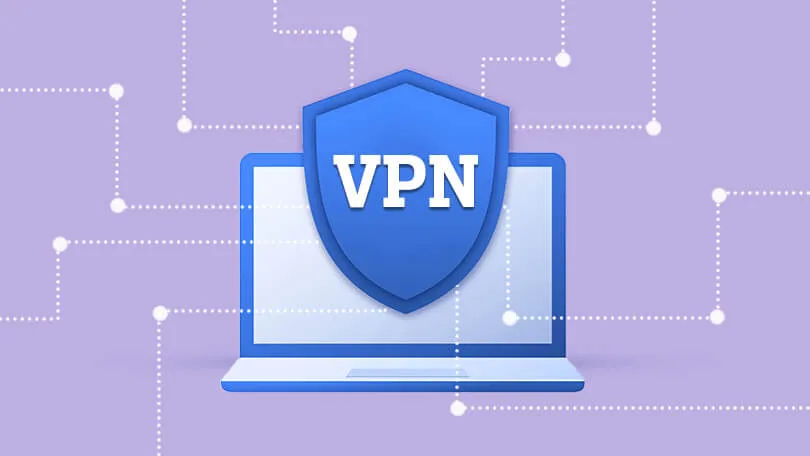The Hidden Dangers of Weak Passwords and How to Defend Against Them
Passwords often go unnoticed until a security breach occurs—only then do users realize their critical role in protecting personal and organizational data. Despite this, many people remain unaware of just how vulnerable their passwords are to attackers who leverage sophisticated cracking techniques. Below, we explore three common password-cracking methods and the best ways to defend against them.
Brute Force Attacks
Understanding VPNs and Their Role in Online Security
A Virtual Private Network (VPN) establishes an encrypted tunnel between your device and a secure server, ensuring that all your data remains private and protected from prying eyes. By masking your IP address, a VPN helps you stay anonymous online while preventing unauthorized access to your browsing activity.
Beyond security, VPNs also provide online freedom by allowing users to bypass censorship and access geo-restricted content. Once installed, a VPN enables users to safely browse global content with just a single click.
Chinese Hackers Exploit Check Point VPN Zero-Day to Target Global Organizations
A sophisticated cyberespionage campaign linked to Chinese state-sponsored actors has exploited a previously patched Check Point VPN vulnerability (CVE-2024-24919) to infiltrate organizations across Europe, Africa, and the Americas, according to cybersecurity researchers.
The attacks, observed between June 2024 and January 2025, primarily targeted the manufacturing sector, deploying ShadowPad malware and, in limited cases, the NailaoLocker ransomware.
Chinese Hackers Breach Belgium State Security Service as Investigation Continues
Belgium’s State Security Service (VSSE) has suffered what is being described as its most severe security breach to date.
For nearly two years, a group of Chinese hackers exploited a vulnerability in Barracuda’s Email Security Gateway Appliance, a cybersecurity tool used by the VSSE, to access approximately 10% of the agency’s email traffic.
The breach, which also impacted the Belgian Pipeline Organisation (BPO), was first revealed in 2023 by Knack and Datanews, but its full extent has only now come to light.














